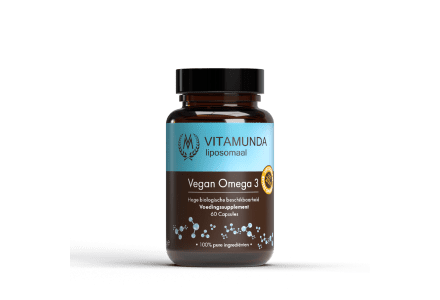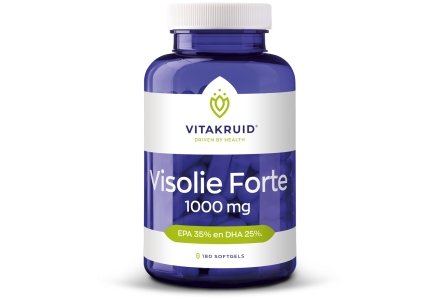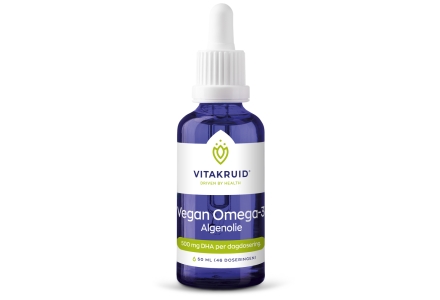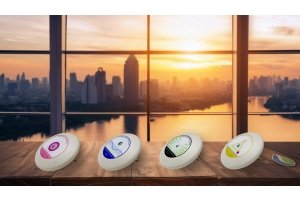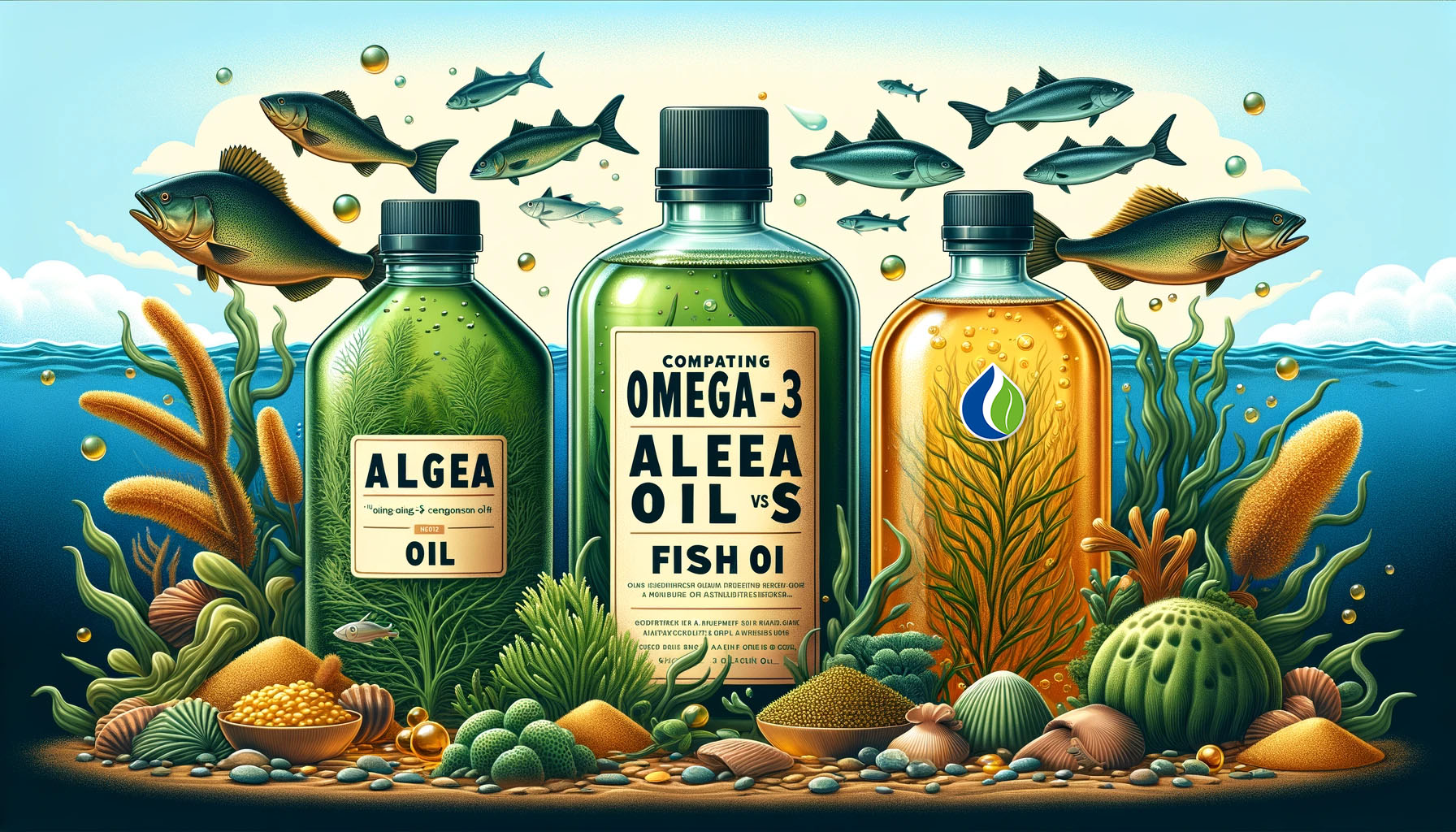
Omega-3 fatty acids have increasingly been in the spotlight in recent years due to their many health benefits. They are often associated with a healthy heart, sharp brain, and flexible joints. Omega-3 fatty acids are essential for our bodies but cannot be produced by the body itself, so we need to obtain them from our diet. Fish oil has long been the most popular source of Omega-3. However, with growing attention to sustainability and veganism, algae oil has emerged as a promising alternative. In this blog, we will discuss Omega-3 fatty acids in detail, compare the traditional source, fish oil, with the sustainable and vegan alternative, algae oil, and help you make the right choice for your Omega-3 needs.
What is Omega-3 and why is it important?
Omega-3 fatty acids are a group of polyunsaturated fatty acids that are essential for good health. They are known for their anti-inflammatory properties and have numerous benefits for the body. The three main Omega-3 fatty acids are:
- Eicosapentaenoic acid (EPA): This fatty acid is known for its anti-inflammatory properties and is often associated with a healthy heart.
- Docosahexaenoic acid (DHA): DHA is essential for brain development and function. It also plays a role in maintaining healthy eyes.
- Alpha-linolenic acid (ALA): This fatty acid is not used directly by the body but can be converted into EPA and DHA. ALA is found in plant sources such as flaxseed and walnuts.
Omega-3 fatty acids have proven health benefits for the heart, brain, joints, and the immune system. They can help reduce inflammation, lower the risk of cardiovascular disease, improve cognitive function, and reduce joint pain.
Fish oil as a traditional source of Omega-3
Fish oil is one of the oldest and most well-known sources of Omega-3 fatty acids. It is extracted from the tissues of fatty fish such as salmon, mackerel, and sardines. Fish oil contains both EPA and DHA, the two main Omega-3 fatty acids that can be directly used by the body.
Benefits of fish oil:
High concentration of EPA and DHA: Fish oil generally contains a higher concentration of EPA and DHA than some other sources of Omega-3.
Proven health benefits: Numerous studies have confirmed the beneficial effects of fish oil on health, particularly in the areas of heart and brain health.
Readily available: Fish oil is widely available in supplement form and is often recommended by healthcare professionals.
Drawbacks of fish oil:
Environmental issues: Harvesting fish for fish oil can lead to overfishing and damage to marine ecosystems.
Fishy aftertaste: Some people experience an unpleasant fishy aftertaste when taking fish oil supplements.
Not vegan: Fish oil is not suitable for vegans and vegetarians.
Algae oil: a sustainable and vegan alternative
Algae oil is a relatively newcomer to the Omega-3 supplement market but has quickly gained popularity due to its sustainability and vegan-friendliness. This oil is extracted from algae, which are naturally rich in EPA and DHA. This makes algae oil an excellent plant-based alternative to fish oil.
Benefits of algae oil:
Sustainability: Algae oil is extracted from algae grown in controlled environments, reducing the risk of overfishing and environmental damage.
Vegan and vegetarian-friendly: Algae oil is suitable for people with plant-based diets and vegetarians, making it an inclusive option for Omega-3 supplements.
No fishy aftertaste: Unlike fish oil, algae oil does not cause an unpleasant fishy aftertaste.
Drawbacks of algae oil:
Cost: Algae oil can sometimes be more expensive than fish oil due to the costs of growing and harvesting algae.
Lower EPA and DHA: Algae oil may have lower concentrations of EPA and DHA compared to fish oil, although this varies by brand and product.
Limited availability: While algae oil is becoming more widely available, it may be less readily found in some regions compared to fish oil.
Nutritional Comparison: Algae Oil vs. Fish Oil
Comparing the nutritional value of algae oil and fish oil is essential to determine which is best suited to your needs. Nutritional content can vary depending on the brand and production processes, but in general, we can note the following:
Algae oil:
Contains both EPA and DHA. Suitable for vegans and vegetarians. Lower environmental impact and more sustainable. May have lower concentrations of EPA and DHA compared to fish oil. Fish oil:
Contains both EPA and DHA. Readily available. May have higher concentrations of EPA and DHA compared to algae oil. Can contribute to environmental issues due to overfishing. Environmental Impact: Sustainability of Algae Oil vs. Fish Oil
The environmental impact of Omega-3 supplements has become an important consideration, given concerns about overfishing in our oceans. Here's how algae oil and fish oil compare in terms of sustainability:
Algae oil:
Sustainable: Algae oil is extracted from algae grown in controlled environments, eliminating the risk of overfishing. Low impact on marine ecosystems: Harvesting algae has minimal impact on the oceans and marine life. Fish oil:
Overfishing: The fishing industry is known for overfishing, which can lead to the depletion of fish stocks and damage to marine ecosystems. Bycatch: During the process of catching fish for fish oil, unintended capture of other marine animals often occurs, resulting in bycatch. It is clear that algae oil has an edge over fish oil in terms of sustainability, making it an attractive choice for environmentally conscious consumers.
Health Risks and Considerations
When choosing an Omega-3 source, it's important to consider your individual health and dietary needs. Here are some considerations:
Dietary preferences: If you are vegan or vegetarian, algae oil is the best choice because it is plant-based. However, if your diet is not restricted, you can choose based on personal preference.
EPA and DHA concentration: If you have specific health concerns that require higher intake of EPA and DHA, a higher-concentration fish oil may be beneficial.
Sustainability: If environmental consciousness is important to you, consider algae oil for its sustainability benefits.
Allergies: People with fish allergies should definitely opt for algae oil to avoid allergic reactions.
Cost: Your budget may also play a role in your choice, as algae oil can sometimes be more expensive.
How to Choose the Right Omega-3 Source
Choosing the right Omega-3 source depends on your individual needs and preferences. It's important to take into account your health, diet, and environmental considerations. Meditech Europe offers a comprehensive range of high-quality Omega-3 products, including both fish oil and algae oil. Our experts can advise you on making the right choice that aligns with your specific needs.
FAQ
What is the difference between EPA and DHA in Omega-3?
EPA (Eicosapentaenoic acid) and DHA (Docosahexaenoic acid) are both Omega-3 fatty acids, but they have different roles in the body. EPA is known for its anti-inflammatory properties and is often associated with a healthy heart. DHA is essential for brain development and function, as well as for maintaining healthy eyes.
Can algae oil provide the same amount of Omega-3 as fish oil?
Yes, algae oil can provide the same amount of Omega-3 as fish oil, but the concentration may vary depending on the brand and product. It's important to check the label to see how much EPA and DHA an algae oil product contains.
Are there environmental benefits to choosing algae oil over fish oil?
Yes, there are environmental benefits to choosing algae oil over fish oil. Algae oil is extracted from algae that are sustainably grown, reducing the risk of overfishing and environmental damage. It has a lower impact on marine ecosystems compared to fish oil.
Conclusion
Comparing Omega-3 sources, such as algae oil and fish oil, can help you make the right choice for your health and environmental preferences. Algae oil offers a sustainable and vegan-friendly alternative to fish oil, with similar health benefits. Meditech Europe is ready to advise you and provide you with high-quality Omega-3 products. Feel free to contact us at info@meditecheurope.nl or by phone at +31527 292 331 for more information and personalized advice. Your health and the environment are important, and we are here to help you make the right choice.
